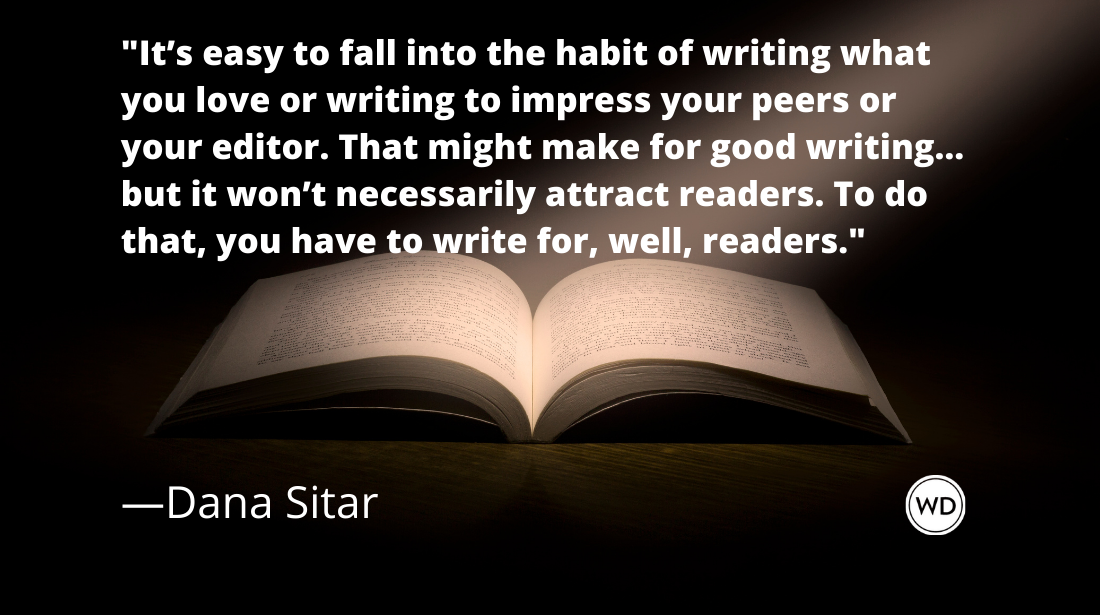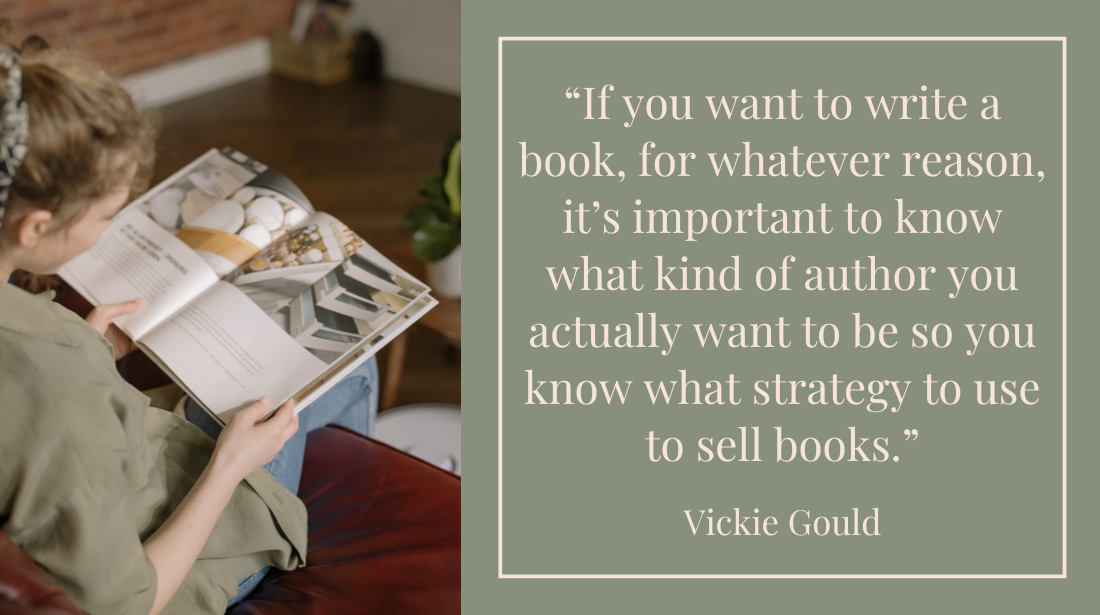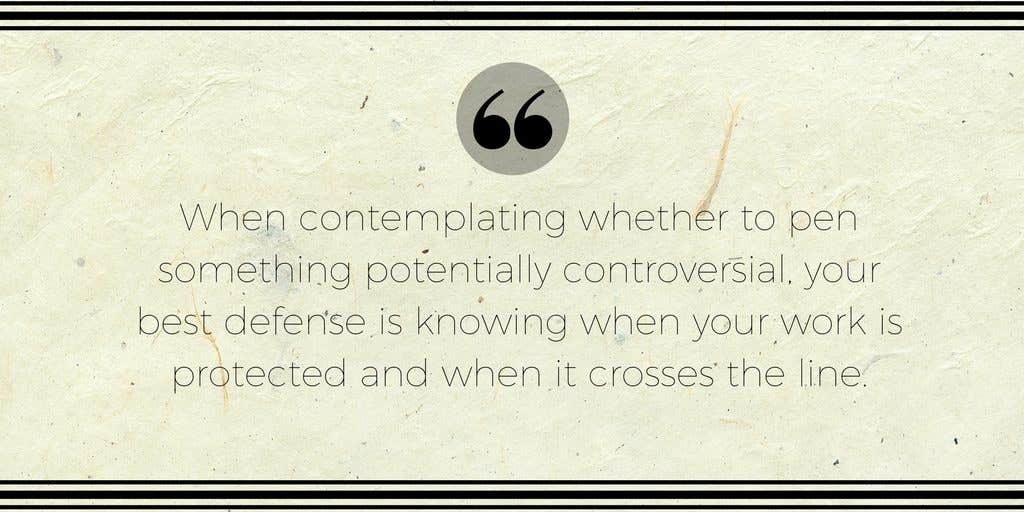7 Secrets to Writing With Your Best Friend
How do you go from best friend to co-author without scarificing the friendship? Respect, honesty and a sense of humor.
Collaborating can be a rewarding experience. Sharing a friendship is equally spectacular. But can writers have the best of both worlds?
We'd managed to work our way from best of enemies to best of friends through sheer determination. Co-authoring a book delving into women's friendships was a challenge we didn't undertake lightly.
Our first attempt at a nonfiction book, So, You're My New Best Friend: A Woman's Guide to Better Friendships, was written with the intent we stay best friends. Our market research proved a need and interest existed for the book. All we had to do was write it. Together.
Since we've written novels separately for 10 years, we knew the ropes. Or so we thought. We found we needed to convert our writing methods and work schedule to coincide with the other. We sacrificed total control—an act neither of us relished. We realized the dynamics of our friendship would serve as ground rules for co-authoring.
In our friendship, trust rules supreme. It had to be the same with collaboration. Obviously, we trusted each other's writing skill. We shared the same writing goals. We knew our weaknesses would be compensated by the other's strengths.
What we didn't know was that our combined writing would develop its own voice, one very different from either of our own. Like new parents, we shared an awareness of how our book, beginning in baby steps, soon toddled on its own.
Astonishingly, the book developed its own personality. Kim writes tight, terse prose sprinkled with dark humor while Deborah's style is determined by fluid sentences and visual imagery. Together, we wrote a confident, humorous, tight structure that flowed.
Things we did right
We agreed upfront to a 50/50 money split down the line. Next, we did comprehensive market research. Visiting the Internet, libraries and bookstores, we discovered the competition was mainly dry, technical titles. Our goal was to produce an informative, yet entertaining book.
We needed to survey 200 American women of varying ethnicities and age, educational and economic levels. At first, we weren't sure how to accomplish this. The Internet seemed a likely source, but where do we begin? The solution came, as do good book ideas, out of the blue—and in the form of a sister who worked for an airline and other relatives embarking near and far.
The airport is a mecca for gathering opinions, especially when a flight has been delayed. Whenever one of us traveled, we took along the one-page survey, complete with a stamped and self-addressed envelope. We asked for basic statistics, including only first name and residing city of those surveyed. We gave out 500 surveys and had 221 returned to us. With feedback in hand, we started the book which took just under a year to write.
It wasn't possible for us to write together on a daily basis. We wrote a few pages every day and e-mailed our progress to the other. We read, edited and wrote additional pages and e-mailed it back within 24 hours. If we strayed from the objective, we were guided back to the path by our carefully prepared outline. Our synopsis kept us on course, providing a ready answer to any dispute.
After the synopsis was completed, Kim began the chapters, usually with 2,000 words. Deborah edited and added another 6,000. This pattern kept repeating until we reached an agreeable chapter end. Then, we began the next chapter. We can honestly say, none of the writing can be divided into who wrote what. All of it belongs to "us."
Once we were at a standoff. We agreed the chapter was too long, but not where it should be cut. Since the book idea was conceived over cocktails, we agreed to return to the scene of the crime and discuss the problem. Two margaritas later, we were still at an impasse. Fate, in the guise of salsa, intervened. Dripping from a tortilla chip, the spicy red sauce plopped on the page in question. We stared at the mess, then at each other. Laughing, we realized the smeared paragraphs were redundant. Like the salsa, the chapter was too hot. Our writing needed a cooling off period. A rule was set that major editing would occur only when the proposal was finished.
The passion we felt for the book expanded in areas we hadn't considered. We found ourselves sought out as speakers on friendship. We were encouraged to instruct a college class and appeared on a radio talk show.
We both are control freaks. But since completing the project was a stronger desire than our need to have every word be our own, we found give and take became easier. To our surprise, neither of us was offended by the complete slashing of paragraphs. Due to our vow of honesty, the editing was a truthful appraisal of the project, not a personal attack. We learned from each other and grew better at self-critique.
To test the waters, we entered the proposal in the Southwest Writers Workshop contest. Deborah predicted a first-place win. When it happened, we celebrated. When she dreamed we'd someday share a stage with Oprah, we started dieting. (In the dream, we looked great!)
Fixing things we did wrong
We spent too much time discussing who got top billing only to discover editors usually choose alphabetically. We should have asked our agent and used the time to write.
In fiction, we knew a writer takes risks: Consider those explicit sex scenes we hope our parents never read. Nonfiction—especially if the subject matter is close to home—also exposes raw emotions. For the book to help others, we had to backtrack and revisit our strained past. We addressed the outside influences that had kept us enemies and the hurtful things we had said and done to each other. We had learned not to skirt around a bristling matter for the sake of our friendship. In writing the book, nothing could be sacred or taboo.
Insecurity about our abilities resurfaced in the middle chapters. Why now when we'd had writing successes? We had let down our guard and allowed negative people to inflict doubt on our worth as writers. Every successful person encounters negativity. When we understood their motives were counter to our best interests, we ignored them and kept our distance. The incident did make us recommit to try to stay in the realm of positive people where creativity flourishes.
Overall, writing the book melded our friendship in ways we couldn't have imagined. Gaining maturity, our friendship embraces trust, which allows us to question first, then laugh about and dismiss the sort of malicious gossip that destroys so many friendships. Even closer than when we started the book, we plan to write another together concerning teen friendships.
It takes work, caring and nurturing to create a book. It's the same with a great friendship.
Become a Writer's Digest VIP:
Save 10% off all shop orders by becoming a VIP today!









